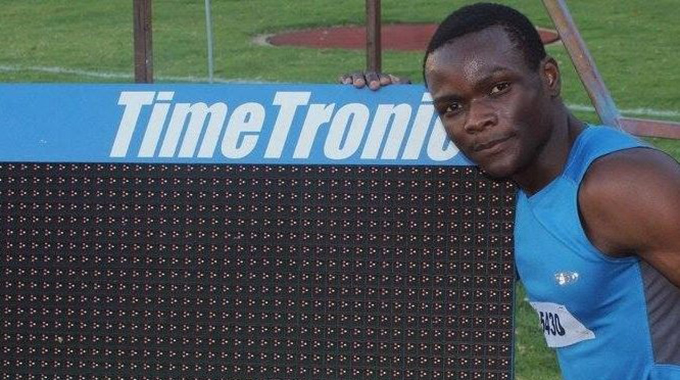Japan partners Red Cross to assist families

Joseph Madzimure Senior Reporter
Japan has partnered with the International Federation of Red Cross and Red Crescent Societies (IFRC) and the Zimbabwe Red Cross Society (ZRCS) to provide US$500 000 to assist over 6 000 most vulnerable families in Gokwe.
The Japanese contribution will be used to provide services such as healthcare, hygiene, water, sanitation, including food security in selected communities in Gokwe North and Gokwe South districts to enhance their resilience to Covid-19 induced shocks for 12 months.
Japanese Ambassador to Zimbabwe Satoshi Tanaka said the support was expected to reach the targeted communities.
“I hope that this support will reach the target communities as soon as possible, ensuring that they are able to meet their immediate basic needs during this humanitarian crisis, and making them more resilient in the future,” he said.
The partnership is a boost to the Red Cross’ ongoing efforts aimed at containing Covid-19 in Africa.
IFRC head of Cluster Delegation Southern Africa Dr Michael Charles said the Covid-19 pandemic uncovered challenges in communities.
“During this period, thousands of people have lost their livelihoods,” he said. “Marginalised and vulnerable communities are bearing the brunt of the devastation caused by the pandemic.
“As the IFRC, we are immensely grateful to the Japanese government for this generous contribution. Through this partnership, we will be able to support communities to restore their livelihoods.”
The support from Japan will target some of the most vulnerable households in Gokwe North and Gokwe South, which are among the most food-insecure districts.
It will include the provision of solar powered boreholes, establishment of nutrition gardens, and provision of seeds and agricultural inputs in order to improve the food security of the communities as well as provide access to safe water.
ZRCS secretary-general Mr Elias Hwenga said the target group for the interventions were the most vulnerable and food-insecure community members in Zimbabwe.
Mr Hwenga said the project aimed to enhance the community’s ability to reduce the spread and mitigate the effects of Covid-19 through improving access to basic healthcare and strengthening food security and water provision for the most vulnerable communities in Zimbabwe.
“Since the beginning of the pandemic over a year ago, our teams have been on the frontline – supplying ambulance services, conducting contact tracing and point of entry screening, tackling the stigma and the spread of misinformation, and providing emotional and psychological support to people in need,” he said.








Comments